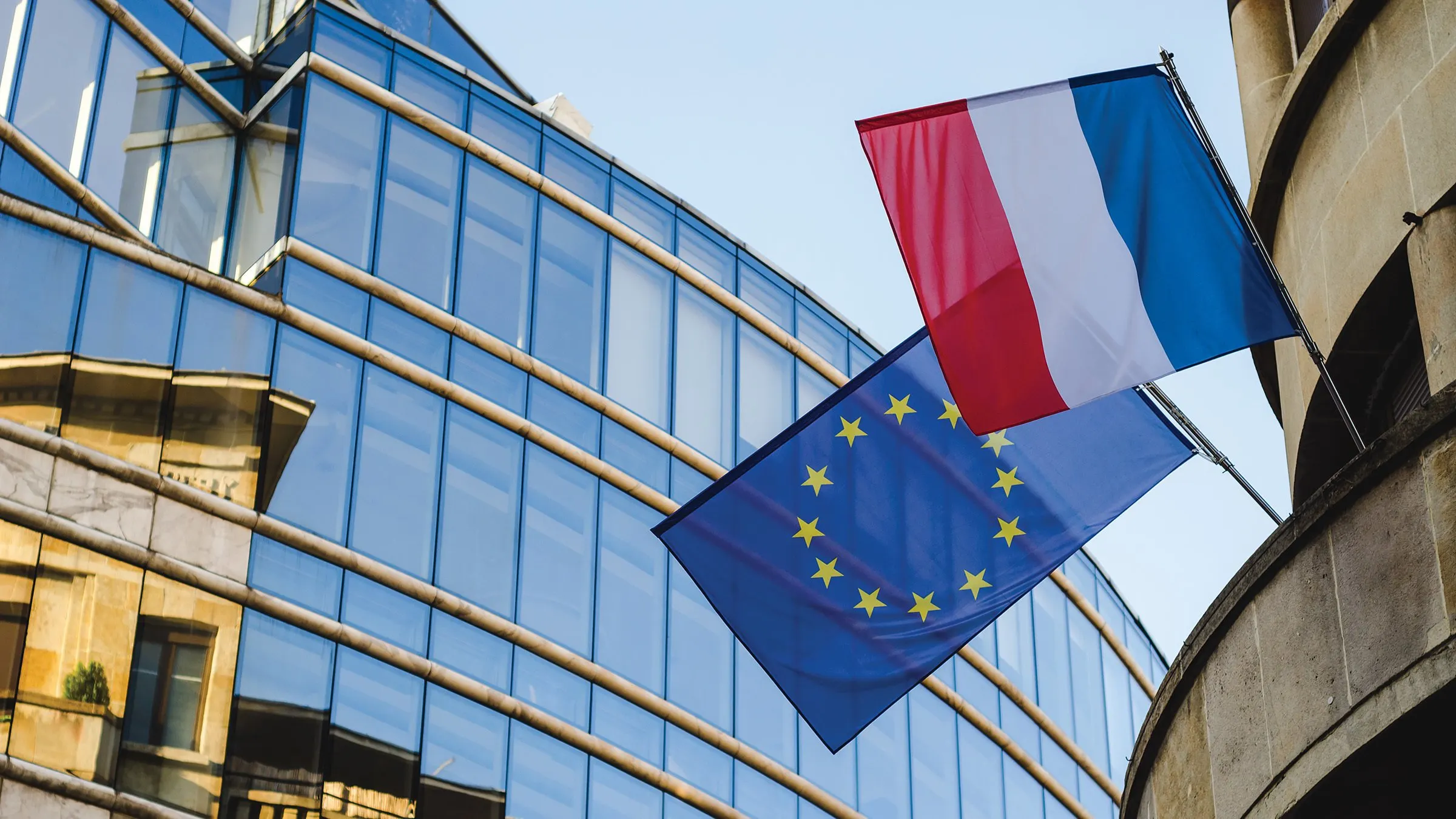We do the research, you get the alpha!
The recently adopted Markets in Crypto Assets (MiCA) regulatory framework has been to a large extent inspired by the regulatory regime that is already in place in France, according to Jerome de Tychey, the President of the non-profit organization Ethereum France.
“The framework that was adopted at the European level is very close to the test framework that was implemented in France, called the PSAN [Prestataire de service sur actifs numériques, or Digital Asset Service Provider - DASP]," he told Decrypt. "You register yourself as a PSAN in France, and then you start a process to get accredited as a PSAN."
Tychey is also the CEO of the crypto gaming project Cometh and one of the founding members of the Eth CC conference.
MiCA, which aims to create a uniform approach to crypto across the European bloc, has been widely welcomed by both the industry stakeholder and regulators and could even serve as a “model” for the U.S. approach to regulating the sector, according to SEC Commissioner Hester Peirce.
According to the French Financial Markets Authority (FMA), obtaining a DASP license is mandatory for companies engaged in digital asset custody, buying or selling digital assets in a currency that is legal tender, trading digital assets against other digital assets, and operating a crypto trading platform.
Some major crypto exchanges, including Binance and Crypto.com have already chosen that path by securing DASP licenses in France, while Coinbase, the largest crypto exchange in the U.S., shared similar plans last year.
Tychey believes that France has been leading the way in that regard as the EU authorities usually draw inspiration from what is emerging in different countries.
However, he also concedes that it’s still too early to draw any conclusions on how French, and to that extent, the broader European crypto regulation, will help drive innovation.
“We are yet to see it in place and how it goes with my own company. We are trying to get in line and change our way of doing things to comply with it. But overall, it's great to know that at least we are regulating and we are giving you clarity on how we will treat that,” said Tychey.
Tychey also made a reference to the French government’s plans to introduce a new regulatory framework for “Exchangeable In-Game Items” that will benefit companies like Sorare, adding that he is ”particularly intrigued on how we are going to regulate games that are using Web3 primitives.”
Awaiting full MiCA implementation
Despite the availability of both simple and enhanced forms of authorization in France, none of the approximately 60 registered firms in the country have chosen to adopt the more rigorous level of authorization.
This situation prompted French legislators to contemplate a mandatory requirement for all firms to obtain a full license, with the aim of better preparing them for the upcoming MiCA legislation.
However, opponents argued that this approach allowed insufficient time for compliance and would unfairly burden businesses, potentially tarnishing France's reputation as a crypto hub.
As a compromise, a decision was reached in January. Under this arrangement, companies already registered under the simple authorization system can continue their operations without significant changes until the implementation of MiCA, which is anticipated to occur in January 2025.
New market participants entering the scene in 2024 or later will still be required to obtain a full license.
Additionally, regulators in France are considering a “fast-track” system to get registered crypto firms approved under new European Union-wide rules.
The introduction of the MiCA regulation is expected to have a significant impact on the crypto industry in Europe, including France, something that is likely to be the subject of more debates within the sector.
According to Tychey, due to the 2024 Olympics to be held in Paris, EthCC, which for the past six years has been hosted in the French capital, is already eyeing other locations.
One of them, he said, is Brussels, which “will keep [the conference] French, but also move it closer to regulators,” since most of the European Commission is based in the capital of Belgium.





